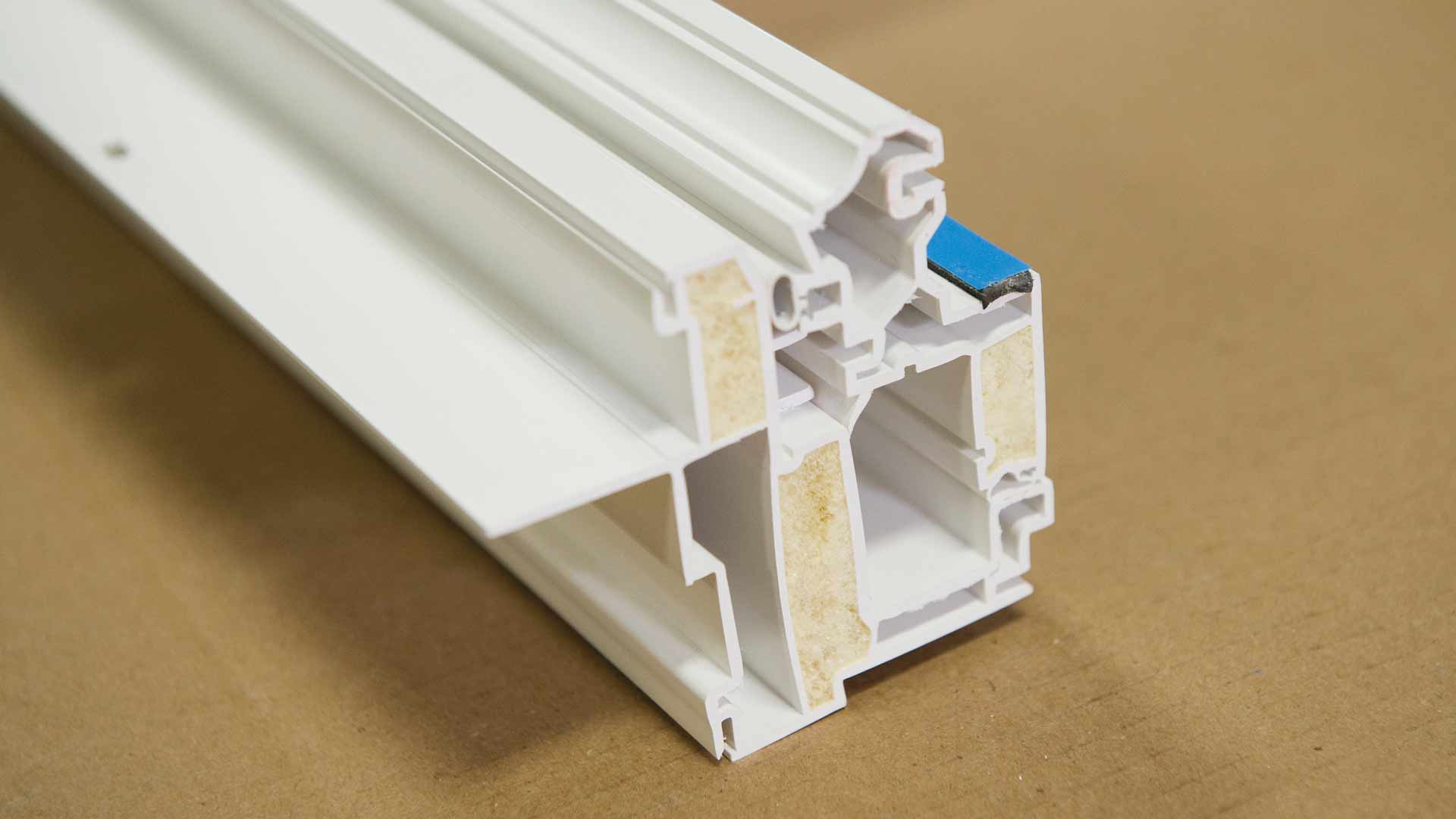
Soybeans aren’t just for food and fuel anymore…in fact, the window you’re looking out just may be lined with a soy-based insulation. That’s the hope of Vector Windows, a Fergus Falls, Minn., window company that has aimed to create advanced, cost-effective windows since 1995.
As Vector co-owners Jeff Ackerson and Andrew Miller have continuously looked for ways to improve the performance of their windows, they recently began focusing on the insulation. “We looked at multiple options, from petroleum-based insulation to pink insulation to the soy-based product,” explains Ackerson. “When we started comparing the pros and cons, each of the insulations gave us what we needed; we wanted to go the extra distance and use a product that was biorenewable, good for the environment, and helps some of our customer base—farmers.”
During their exploration of insulation options, Fergus Falls’ Economic Development Director Harold Stanislawski introduced Ackerson and Miller to AURI. AURI staff helped introduce them to the concept of the soy-based insulation and then connected them to the manufacturer and equipment provider. AURI also provided cost-share assistance for testing to ensure LEED (Leadership in Energy and Environmental Design) compliance for windows using PLA (polylactic acid) in their structure.
Approximately one year ago, Vector began using the new soy-based insulation, which they call BioCore Foam Filling, along with triple-pane glass, to offer customers windows that reach an R-5 insulation rating—the high end of window performance. Now, Vector plans to offer the BioCore Filling as a stand-alone add-on to windows, so that customers can choose the improved insulation without the additional cost of triple-pane glass.
Reactions to the product thus far have been positive. “We get compliments,” says Ackerson. “Not only do the insulated, triple-pane windows have a better insulating factor, they also help with condensation resistance.”
Today, Vector is thriving, with 74 employees and more growth on the horizon. Between the BioCore Filling, the company’s great customer service, and the possibility of additional bio-renewable parts, the future is looking only brighter for this Minnesota company.
